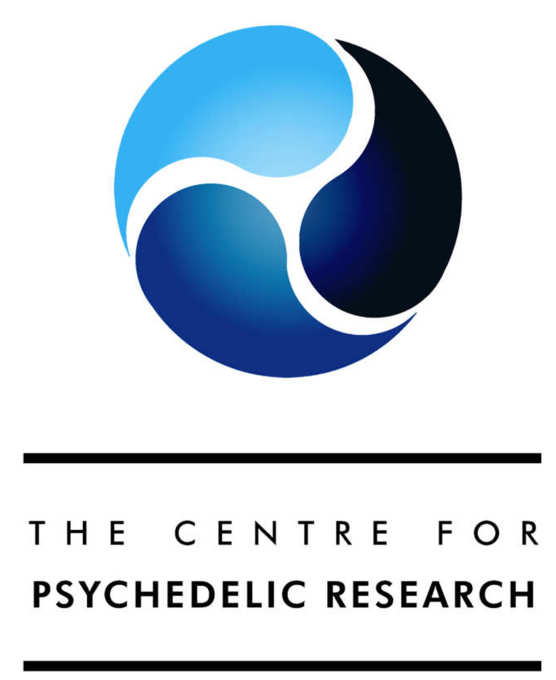BibTex format
@article{Erritzoe:2024,
author = {Erritzoe, D and Barba, T and Greenway, KT and Murphy, R and Martell, J and Giribaldi, B and Timmermann, C and Murphy-Beiner, A and Jones, MB and Nutt, D and Weiss, B and Carhart-Harris, R},
journal = {EClinicalMedicine},
title = {Effect of psilocybin versus escitalopram on depression symptom severity in patients with moderate-to-severe major depressive disorder: observational 6-month follow-up of a phase 2, double-blind, randomised, controlled trial},
url = {http://hdl.handle.net/10044/1/114196},
volume = {76},
year = {2024}
}
RIS format (EndNote, RefMan)
TY - JOUR
AB - Background Psilocybin therapy (PT) produces rapid and persistent antidepressant effects in major depressive disorder (MDD). However, the long-term effects of PT have never been compared with gold-standard treatments for MDD such as pharmacotherapy or psychotherapy alone or in combination. Methods This is a 6-month follow-up study of a phase 2, double-blind, randomised, controlled trial involving patients with moderate-to-severe MDD. Participants were recruited from a hospital in the UK. Inclusion criteria: major depressive disorder (DSM-IV), moderate to severe depression (HAM-D ≥ 17), no MRI or SSRI contraindications, confirmed diagnosis by a GP or mental healthcare professional, aged 18-80, both genders, and competent in English. Patients were randomly assigned (1:1) to receive either two 25 mg doses of the psychedelic drug psilocybin administered orally combined with psychological support (‘psilocybin therapy’ or PT) and book-ended by further support or a 6-week course of the selective serotonin reuptake inhibitor (SSRI) escitalopram (administered daily at 10 mg for three weeks and 20 mg for the subsequent three weeks) plus matched psychological support (‘escitalopram treatment’ or ET). The primary outcome measure was change from baseline in the score on the 16-item Quick Inventory of Depressive Symptomatology–Self-Report (QIDS-SR-16) at week 6, which has been reported previously. Herein, we present results at the 6-month follow-up time point. Measures of social functioning, connectedness, and meaning in life constituted the study’s secondary outcomes during follow-up. Safety in the follow-up period was not assessed. This trial is registered at ClinicalTrials.gov, NCT03429075.Findings Between January 15th, 2019 and March 20th , 2020, 59 patients were enrolled and 30 (11 females (37%) and 19 males (63%)) were assigned to the psilocybin group and 29 (9 females (31%) and 20 males (69%)) to the escitalopram group. 25 participants
AU - Erritzoe,D
AU - Barba,T
AU - Greenway,KT
AU - Murphy,R
AU - Martell,J
AU - Giribaldi,B
AU - Timmermann,C
AU - Murphy-Beiner,A
AU - Jones,MB
AU - Nutt,D
AU - Weiss,B
AU - Carhart-Harris,R
PY - 2024///
SN - 2589-5370
TI - Effect of psilocybin versus escitalopram on depression symptom severity in patients with moderate-to-severe major depressive disorder: observational 6-month follow-up of a phase 2, double-blind, randomised, controlled trial
T2 - EClinicalMedicine
UR - http://hdl.handle.net/10044/1/114196
VL - 76
ER -
